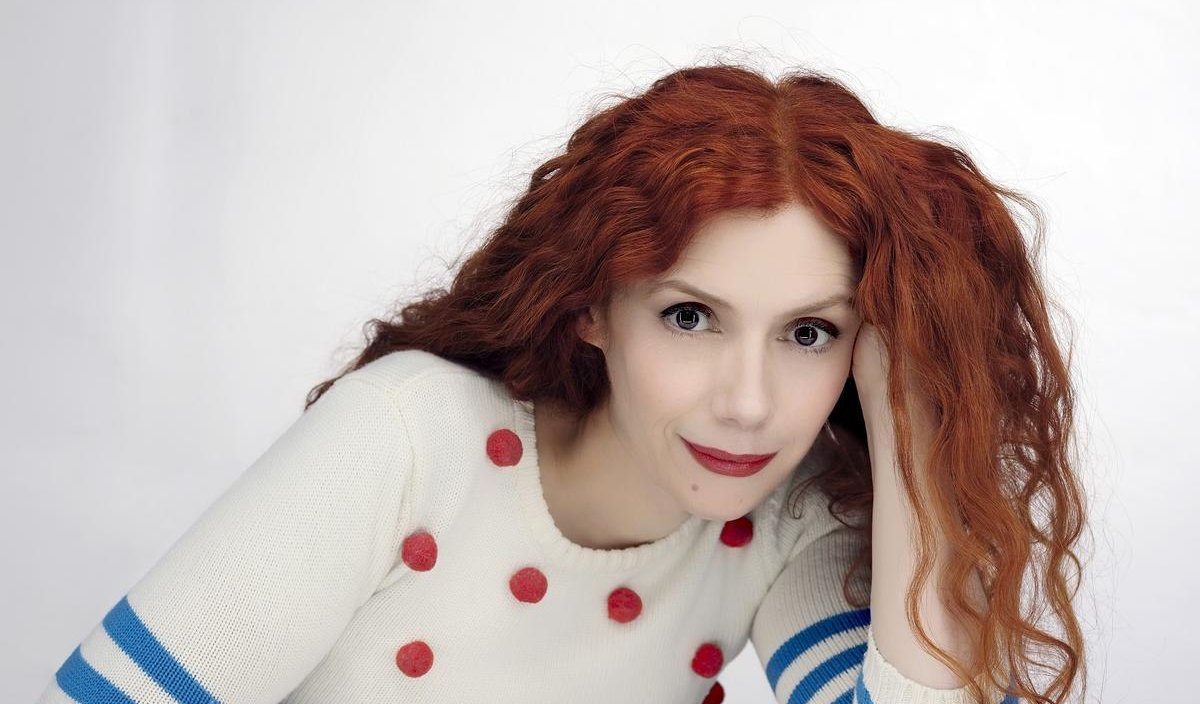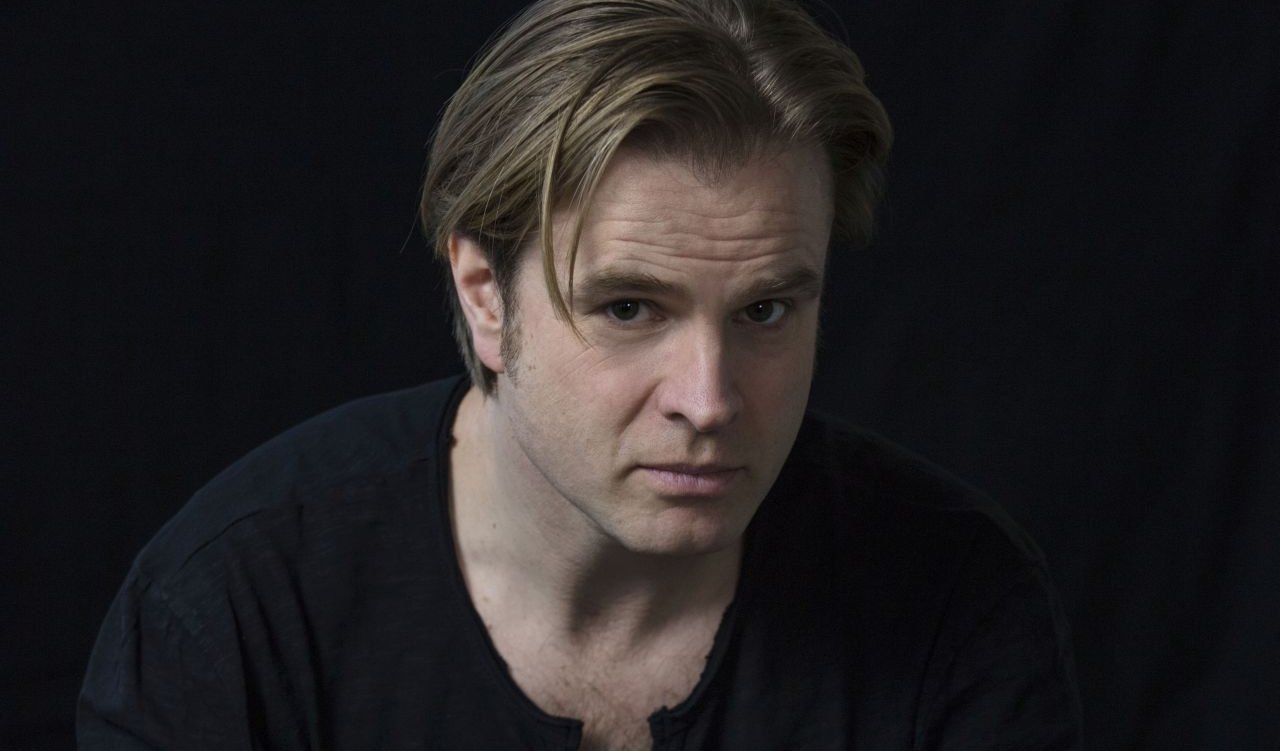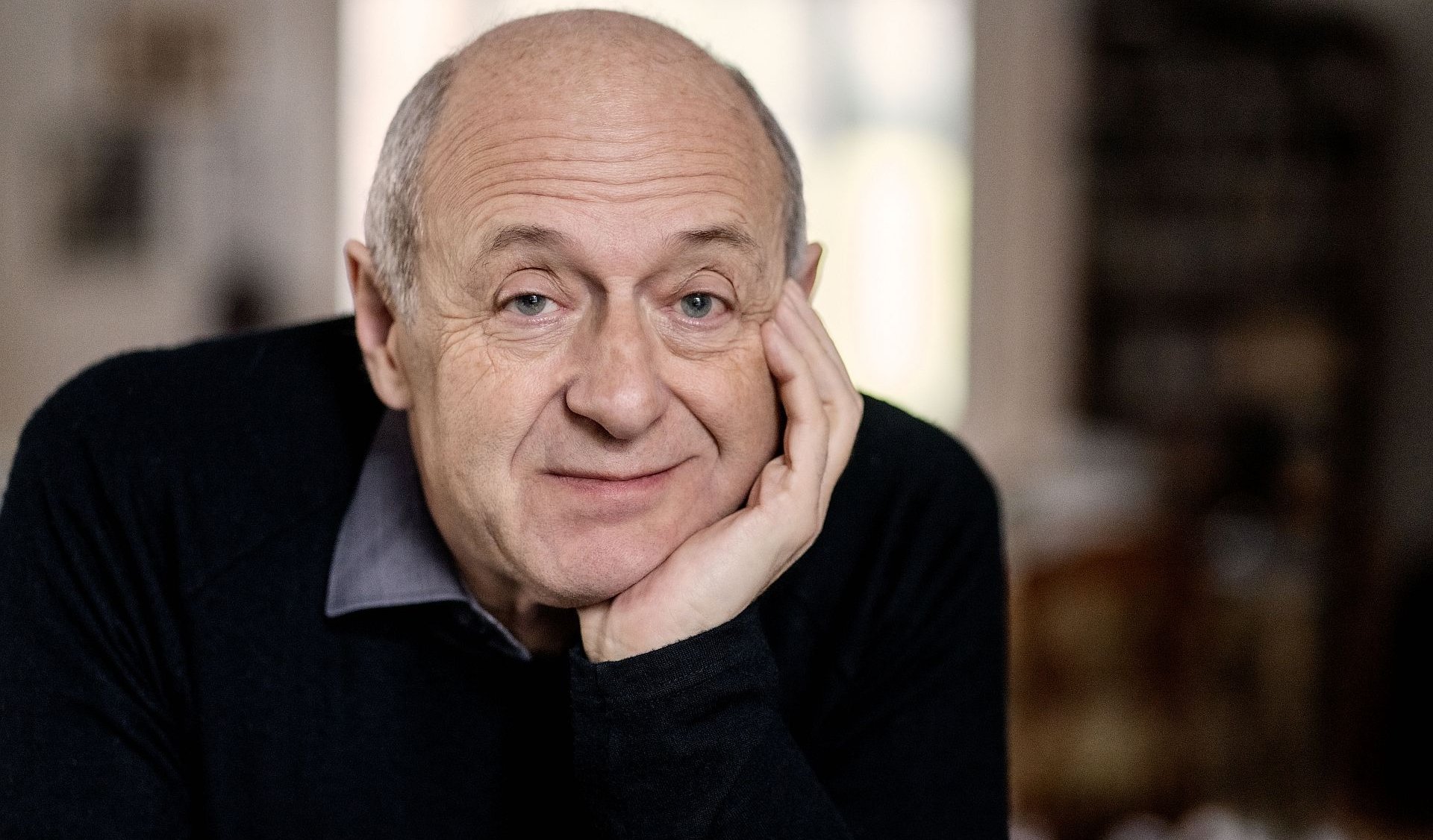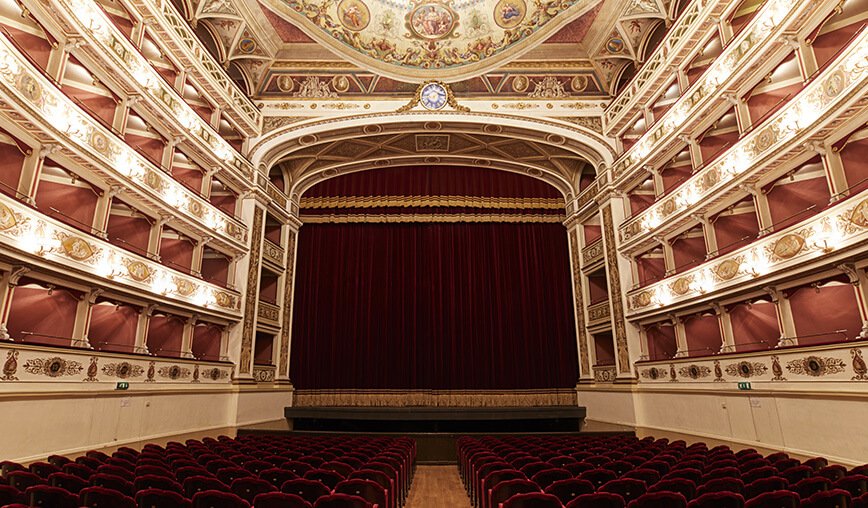



Program
Claude Debussy (→ bio):
Pelléas and Mélisande
Featuring
Conductor
Cast
- Bernard Richter (Pelléas)
- Patricia Petibon (Mélisande)
- Tassis Christoyannis (Golaud)
- Nicolas Testé (Arkel)
- Yvonne Naef (Geneviève)
- Peter Harvey (Doctor / Shepherd)
- Oliver Michael (Little Yniold)
With
Costume designer
Set design
Lighting designer
Technical Director
Stage Manager
Director
Other information
The event is about 3.0 hours long.
About the event
The Budapest Festival Orchestra opera series will continue with Debussy’s groundbreaking music drama that hovers on the border between dream and reality. The cast of Pelléas and Mélisande, directed by Iván Fischer, is once again made up of international stars. After the BFO’s production of The Magic Flute, Swiss tenor Bernard Richter is back to sing the most important role in his repertoire. The other title role is played by world-famous soprano Patricia Petibon, described by The Guardian as an eccentric in the best sense of the word. The character of Golaud is played by Tassis Christoyannis, who is well known to the Hungarian audience. In Debussy’s opera, more emphasis is placed on symbols than on plot, and natural speech is more important than melody. The result: deeply human music, surging with individual interpretation.
Debussy wrote in April 1902, “I have long been experimenting with the writing of stage music, but I have imagined it in such an unusual form that after various attempts I have almost given it up”. At the same time, his lyrical drama Pelléas and Mélisande in five acts and thirteen pictures was premiered in Paris. There was a divided audience at the premier. The author of the play on which the script was based, Maurice Maeterlinck, who later won a Nobel Prize, did not even appear at the premiere, whereas, the hired hecklers did. It remains a mystery whether it was the music itself that upset the philosopher-poet, or the fact that his wife did not sing the role of Mélisande, which she had been promised.
Debussy’s work breaks with several French traditions: there is no ballet and no major choral scenes in it. There is, however, a lot of recitativo: singing speech adapted to the French language. Instead of catchy melodies, the vocal parts only move out of their monotonous rhythm when the emotion calls for it. But even at the emotional climaxes, the composer prescribes a pianissimo volume and keeps the orchestra low, creating an intimacy that is quite unusual on the operatic stage.
The short plot of the piece: Golaud meets and marries the much-younger Mélisande. His brother, Pelléas, falls in love with the bride. As they meet, the feelings between the young people grow deeper and deeper, and their romance ends tragically when Golaud murders his brother. Mélisande gives birth to her husband’s child and dies. The story is almost irrelevant, the symbols are more exciting. The forest, the motif of getting lost, the well, the ring, the hair and the light are just some of the intricate symbols of the piece.
Debussy’s opera is rarely staged because of the many locations and the complexity of the parts. In addition to the three stars, Petibon, Richter and Christoyannis, the French bass Nicolas Testé (described by the Montreal Gazette as “the excellent and tragic King Arkel”), the dark-toned Yvonne Naef (returning after Fischer’s Falstaff), and Peter Harvey (compared to the voice of God by the eminent specialist Melanie Eskenazi) will appear.
The opera is a joint production of the Iván Fischer Opera Company, Müpa Budapest, the Vicenza Opera Festival and the Spoleto Festival dei Due Mondi.